Digestive diseases affect an ever-increasing number of Americans; conditions such as inflammatory bowel disease (IBD) or tumors of the colon or pancreas afflict as many as one in five individuals in the United States. Such diseases can also include conditions of related organs, such as the liver, pancreas, and gallbladder. As the US population continues to age, demand for proper diagnosis and characterization of these conditions become more crucial to patient care. The CAP is here to help pathologists stay abreast of current and developing scientific knowledge. Through a range of online continuing medical education (CME) courses on gastrointestinal (GI) pathology topics, surgical pathologists can hone their skills to diagnose and characterize diseases of the GI tract and associated organs accurately. Pathologists can learn at their own pace and focus on the specific topics they want to pursue.
Interactive Surgical Pathology Cases
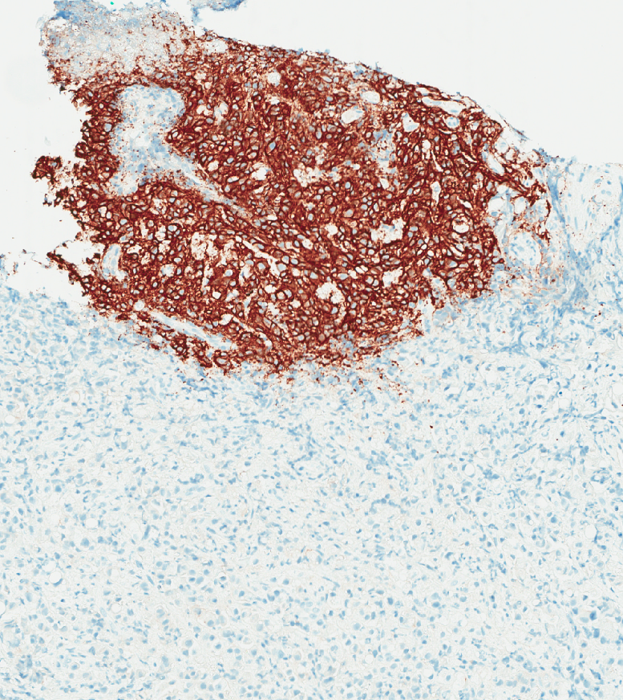 | Gain practical insights into challenging surgical pathology cases in this for-CME webinar series. Practicing pathologists will feel comfortable with its format based on pathology unknowns in residency programs. Each session addresses cases in a particular discipline.
|
Hiding in Plain Sight: GI Infections With Minimal Histologic Findings
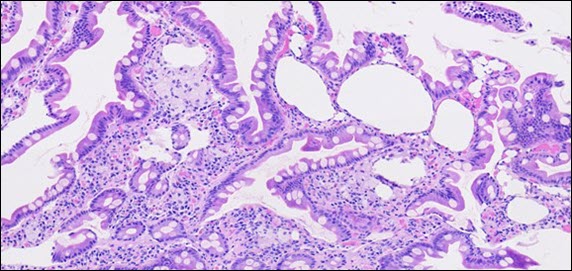 |
| ||||
This course discusses several GI infections and their risk factors, with an emphasis on those infections that are easily overlooked.
How to Effectively Handle the Three Common Medical Liver Pathology Cases
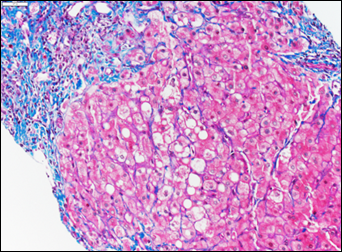 |
|
This course helps pathologists stay abreast of ongoing diagnostic learning. Emphasis is given to three patterns of liver biopsy (fatty liver, hepatitis, and cholestatic) and their unique differential diagnoses.
GI Blooper Reel: Tales of Diagnoses Gone Wrong
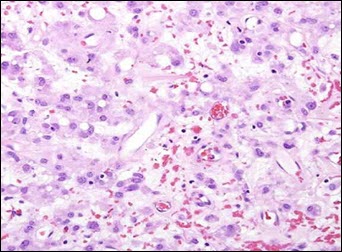 |
| ||||
This course prepares pathologists for success by providing an exploration of various pathological conditions, with a focus on samples from the gastrointestinal (GI) tract and liver.
Beyond Reflux Esophagitis: All about the Esophagus
 |
|
This course keeps learners abreast of scientific knowledge in inflammatory disorders of the esophagus, including common entities like gastroesophageal reflux disease and rarer diagnoses like lymphocytic esophagitis.
Serrated Neoplasia in the Colon
 |
|
This course discusses serrated lesions and polyps transitioning into colorectal cancer (focusing on standard of care and some colorectal cancer molecular testing guidelines), irritable bowel disease dysplasia, and pain points of adenoma subtypes.
Metaplasia, Hyperplasia, Dysplasia: When to Worry about “Plasia” in the Stomach
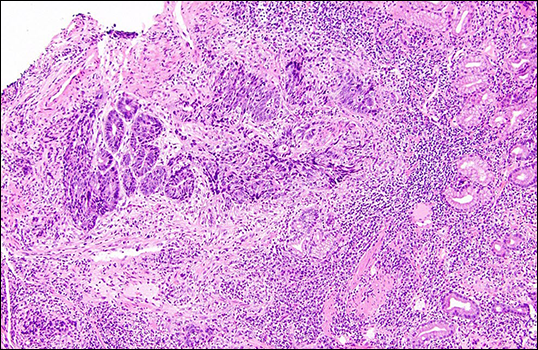 |
|
This course discusses gastritis, intestinal metaplasia, and dysplasia and their progression to early gastric adenocarcinoma; neuroendocrine cell hyperplasia transitioning into neuroendocrine tumors, including the use of ancillary immunohistochemistry (IHC); dysplasia in sporadic and syndromic gastric polyps; and pain points and pitfalls.
Appendiceal Neoplasia Pain Points and Gray Zones
 |
|
This course discusses the spectrum of mucinous neoplasia (cystadenoma, low-grade appendiceal mucinous neoplasm, high-grade appendiceal mucinous neoplasms/HAMN, and mucinous adenocarcinoma/MACA), World Health Organization guidelines and new terminology, goblet cell lesions terminology, gray zones and staging, and the pain points and pitfalls.
For online CME courses on other topics to help you succeed in your career, you can search the CAP's online course catalog.

 Facebook
Facebook X
X LinkedIn
LinkedIn Forward
Forward






